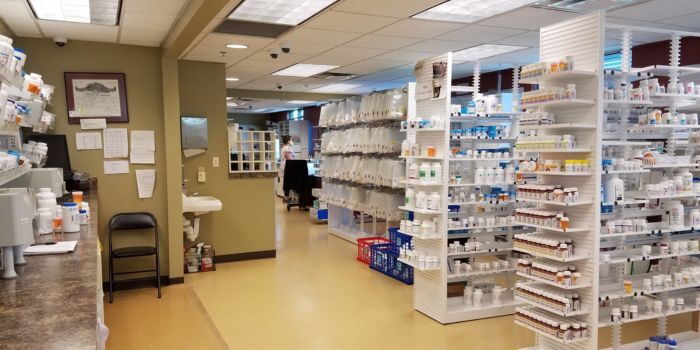The Pharmacy and Poisons Board (PPB) has officially lifted the quarantine order on Mefnac Oral Suspension (Mefenamic Acid 50mg/5ml) after months of investigation into its safety.
The decision comes after a series of rigorous quality control tests, which confirmed that the medication meets all necessary health and safety standards.
In a statement, the PPB clarified that the quarantine, which was initially imposed on December 11, 2024, was a precautionary measure due to concerns about possible contamination.
The board explained that laboratory tests were conducted to check for the presence of Diethylene Glycol (DEG) and Ethylene Glycol (EG), two harmful substances known to cause serious health problems if ingested in large amounts.
The results confirmed that Mefnac Oral Suspension is free from these toxic compounds, making it safe for public use.
Mefnac Oral Suspension, which contains Mefenamic Acid, is widely used as an anti-inflammatory drug to relieve mild to moderate pain. It is commonly prescribed for headaches, toothaches, and other forms of pain.
Additionally, many women rely on Mefenamic Acid to manage severe menstrual cramps (dysmenorrhea) since the medication works by reducing the production of prostaglandins—hormones responsible for pain, inflammation, and fever.
With the PPB’s latest directive, the pain reliever will now be available in medical facilities across the country.
The board assured the public that licensed pharmacies and healthcare providers will have access to the medication.
However, Kenyans have been urged to remain cautious and report any signs of substandard drugs that may find their way into the market.
One way to identify poor-quality medicines is by paying attention to unusual side effects or unexpected reactions after taking the drug.
The PPB has encouraged patients and healthcare professionals to report any adverse effects directly to the regulatory body to help maintain the safety of pharmaceutical products.
Apart from Mefnac Oral Suspension, the Pharmacy and Poisons Board also issued a warning in December regarding another drug, Floracil 1000 (Fluorouracil 1000mg/2ml injection), which is commonly used in cancer treatment.
The board flagged the drug, which was sourced from an Indian pharmaceutical company, as substandard and unsafe for human use.
The health ministry continues to emphasize the importance of strict quality control in the pharmaceutical sector to protect Kenyans from unsafe medications.
Join Gen z and millennials TaskForce official 2025 WhatsApp Channel To Stay Updated On time the ongoing situation https://whatsapp.com/channel/0029VaWT5gSGufImU8R0DO30


